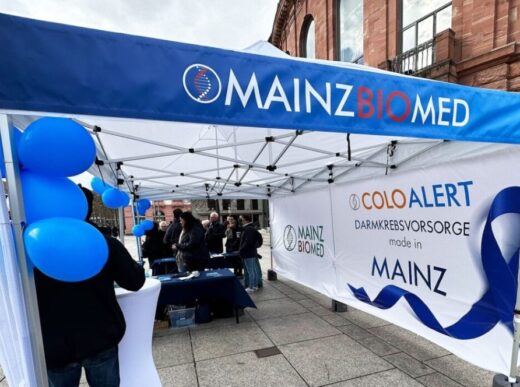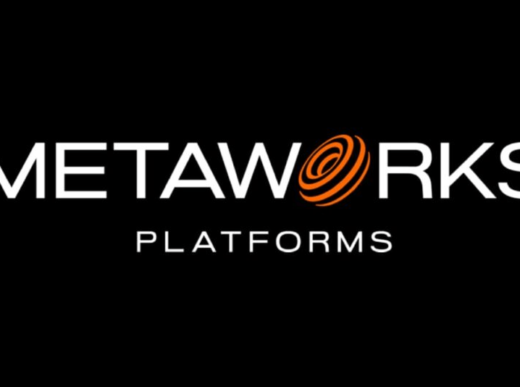Alphabet’s artificial-intelligence research unit, DeepMind, has predicted a “new wave of scientific discoveries” after unveiling a trove of 200 million free-to-access models of microscopic protein structures. DeepMind, which began life as a startup in London before Google (now Alphabet) bought it in 2014, says it has used its AI program AlphaFold to predict the 3D structures for almost all catalogued proteins known to science.
The ability to accurately predict protein structures could have a major impact on drug discovery and development, as well as on the understanding of how proteins function.
DeepMind says its AlphaFold program can predict the 3D structures of proteins with an accuracy of up to 87 percent.
The company has made its prediction models available to the scientific community through a partnership with the Protein Data Bank, a repository of protein structures.
In a blog post, DeepMind says its models could help scientists to “design new proteins with desired properties, develop new drugs and understand the root causes of many diseases.”
DeepMind’s chief executive, Demis Hassabis, said the company’s aim was to “use AI for scientific discovery, with the ultimate goal of improving human health.”
Hassabis said DeepMind would continue to work with the scientific community to “advance protein science and improve our ability to tackle some of the world’s most pressing challenges in health and sustainability.
Source: Business Insider
This article was created by Artificial Intelligence PRAI.co














